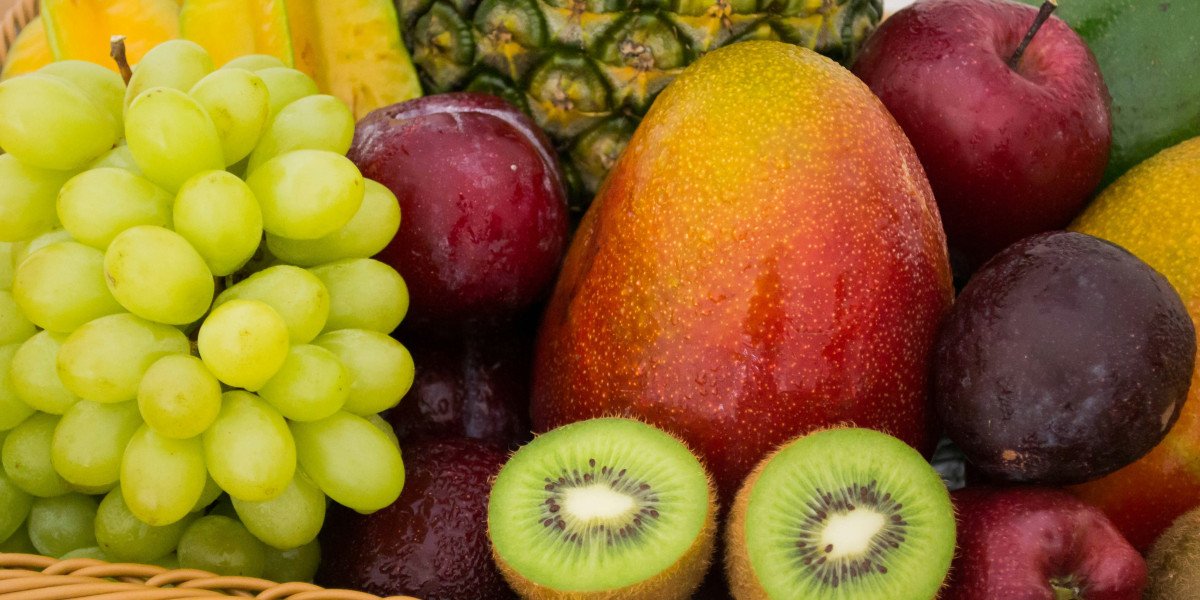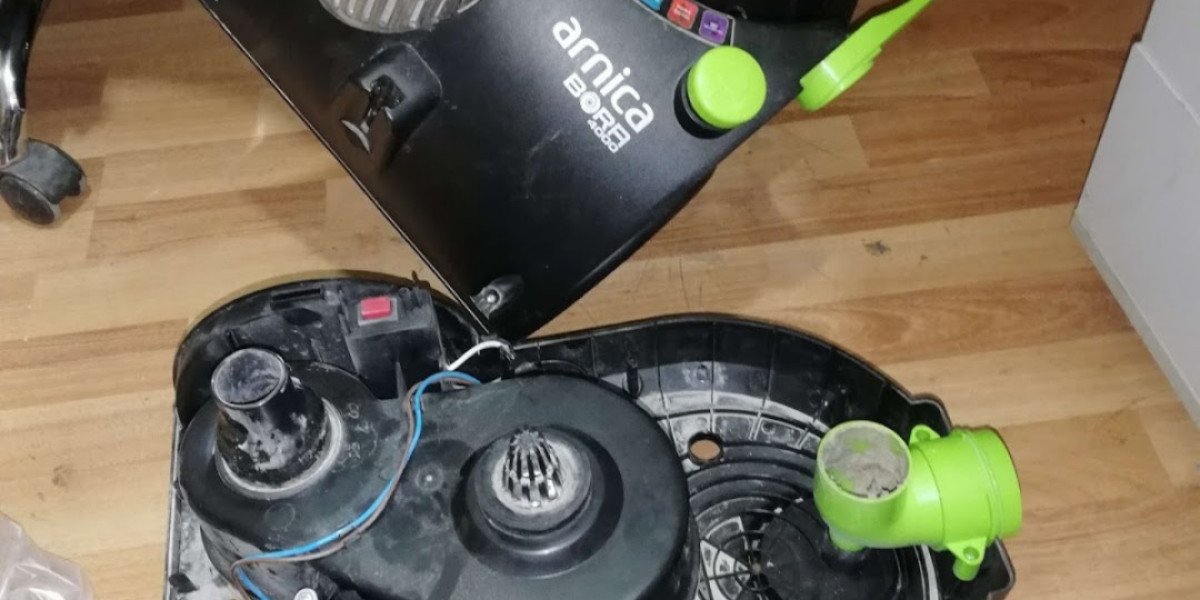Fruit trees are an essential part of many gardens, orchards, and commercial farms around the world. They provide not only delicious fruit but also shade and beauty. However, these trees can be susceptible to various diseases, and one of the most common afflictions is scab. Scab is a fungal disease that affects many types of fruit trees, particularly apples, pears, and other pome fruits. The disease can lead to unsightly lesions on leaves, fruit, and branches, significantly reducing both the aesthetic and economic value of the trees. A powerful solution to managing scab is the use of lime sulphur. This natural fungicide has been used for centuries to treat a range of fungal diseases, including scab.
Knowing About Fruit Tree Scab
Scab on fruit trees is caused by a fungal pathogen, typically Venturia inaequalis for apples and Venturia pyrina for pears. The disease thrives in wet conditions, especially during spring and early summer, when moisture on leaves and fruit creates an ideal environment for fungal spores to germinate and infect the tree.
Symptoms of Scab
The symptoms of scab include:
Dark, irregularly shaped lesions on leaves, fruit, and twigs.
Deformed or scarred fruit, which can make it unsuitable for sale or consumption.
Premature leaf drop, leading to reduced photosynthesis and weakened trees.
If left untreated, scab can severely reduce fruit yield and quality, making effective management crucial for maintaining healthy fruit trees.
How Lime Sulphur Helps Control Scab
Lime sulphur has long been recognized for its ability to control various fungal diseases, including scab. It is a natural compound made by combining calcium hydroxide (lime) with sulfur. The resulting mixture is highly effective as both a fungicide and insecticide. When used as a treatment for scab, lime sulphur works in multiple ways:
1. Fungicidal Properties
Lime sulphur is effective at preventing fungal spore germination, which is the critical first step in fungal infection. By creating a barrier on the plant’s surface, it helps reduce the chances of scab spores adhering and spreading. Additionally, lime sulphur is capable of breaking down the cell walls of fungal pathogens, which inhibits their growth and ability to infect the tree.
2. Long-lasting Protection
Unlike some other fungicides that only provide short-term relief, lime sulphur offers longer-lasting protection for fruit trees. Its slow-release nature ensures that it continues to provide fungicidal protection for weeks after application. This is especially important during the rainy season, when the risk of fungal infection is higher.
Lime sulphur is also effective when used in combination with other preventive measures. For example, a preventive spray with Tiger-N 20 Lime Sulphur Fertilizer can improve the overall health of fruit trees by not only treating scab but also promoting better growth and resistance to other diseases.
Benefits of Using Lime Sulphur
1. Eco-Friendly and Non-Toxic
One of the major benefits of lime sulphur is its natural composition, making it an eco-friendly alternative to chemical fungicides. Unlike synthetic pesticides, which can be harmful to the environment and wildlife, lime sulphur breaks down naturally and has minimal toxicity. It does not leave harmful residues on fruit, ensuring that the fruit is safe to consume after harvest.
Furthermore, lime sulphur does not harm beneficial insects like bees and ladybugs, which are essential for pollination and maintaining a healthy garden ecosystem. This makes lime sulphur an ideal choice for organic farming, where avoiding chemical inputs is a priority.
2. Cost-Effective Solution
Lime sulphur is generally affordable and widely available, making it an excellent option for both commercial and home gardeners. Its effectiveness in controlling scab and other fungal diseases makes it a valuable investment in the long-term health of your fruit trees. Compared to some synthetic fungicides, lime sulphur is less expensive and requires fewer applications throughout the growing season.
Comparing Lime Sulphur to Synthetic Fungicides
While lime sulphur offers a range of benefits, it’s essential to compare it with synthetic fungicides to understand when and why you might choose one over the other. Both lime sulphur and synthetic fungicides are effective in controlling scab, but they have different strengths and weaknesses.
1. Speed and Immediate Effectiveness
Synthetic fungicides tend to act faster than lime sulphur. These products are designed to deliver quick results, and in cases of severe scab infection, they may be the better option for immediate relief. Synthetic fungicides often have a longer-lasting effect and can protect plants for extended periods, especially when used as part of a comprehensive spray regimen.
However, the quick-action nature of synthetic fungicides means that they are not always as eco-friendly as lime sulphur. They can accumulate in the soil, harming beneficial microorganisms and potentially polluting nearby water sources. Additionally, overuse of synthetic fungicides can contribute to resistance in fungal pathogens, making future infections harder to manage.
2. Long-Term Soil and Plant Health
Unlike synthetic fungicides, lime sulphur has the added benefit of promoting long-term soil and plant health. It improves the soil's structure by introducing organic matter, which enhances its ability to retain moisture and nutrients. Over time, lime sulphur can contribute to healthier, more resilient plants that are better equipped to resist disease and pests.
Synthetic fungicides, while effective in the short term, do not offer these additional soil benefits. Some synthetic chemicals can lead to soil degradation, harming beneficial soil organisms and reducing overall soil fertility. Therefore, for gardeners looking for a holistic approach to plant health and sustainability, lime sulphur is often the better choice.
Proper Application of Lime Sulphur
To maximize the effectiveness of lime sulphur as a scab treatment, proper application is crucial. Here are some tips to ensure the best results:
1. Timing of Application
Lime sulphur should be applied at the correct time to prevent scab from taking hold. It is most effective when used during the dormant period, just before the buds start to open. This allows the fungicide to target the fungal spores before they have a chance to infect the tree.
For best results, apply lime sulphur during early spring, ideally just after pruning, and repeat the treatment once or twice during the growing season, especially after heavy rains.
2. Dilution and Concentration
The concentration of lime sulphur will depend on the type of application and the severity of the scab infestation. Always follow the manufacturer’s instructions for diluting rates. Applying too much can harm the tree, while too little may not be effective. It is also important to spray both the top and underside of leaves, as scab spores can often be found on both sides.
Alternatives to Lime Sulphur
While lime sulphur is an excellent option for controlling scab, there are other treatments available. Copper-based fungicides, for instance, are another popular option for managing scab, especially for organic growers. However, copper fungicides tend to be less effective than lime sulphur in certain situations, and repeated use can lead to soil toxicity.
As substitutes for both natural and synthetic fungicides, biological fungicides—such as those that contain helpful bacteria or fungi—are increasingly becoming more popular. By reintroducing natural antagonists of fungus that cause scabs into the environment, these products provide eco-friendly alternatives.
"The earth laughs in flowers." – Ralph Waldo Emerson
A Holistic Approach to Scab Management
While lime sulphur is a powerful tool for managing scab, it is important to adopt a holistic approach to scab prevention and control. This includes regular monitoring of your fruit trees for early signs of disease, maintaining good orchard hygiene, and selecting resistant varieties of fruit trees where possible.
The strongest long-term defense against scab and other fungal diseases will come from a combination of lime sulfur treatments, careful tree maintenance, and thoughtful planting techniques. By being proactive, you can make sure that your fruit trees continue to produce abundant harvests and lovely blossoms for many years to come.
In the end, lime sulphur remains one of the most effective, eco-friendly solutions for scab on fruit trees. Whether you're a home gardener or managing a commercial orchard, incorporating lime sulphur into your pest and disease management regimen will help you maintain the health of your trees while protecting the environment.








